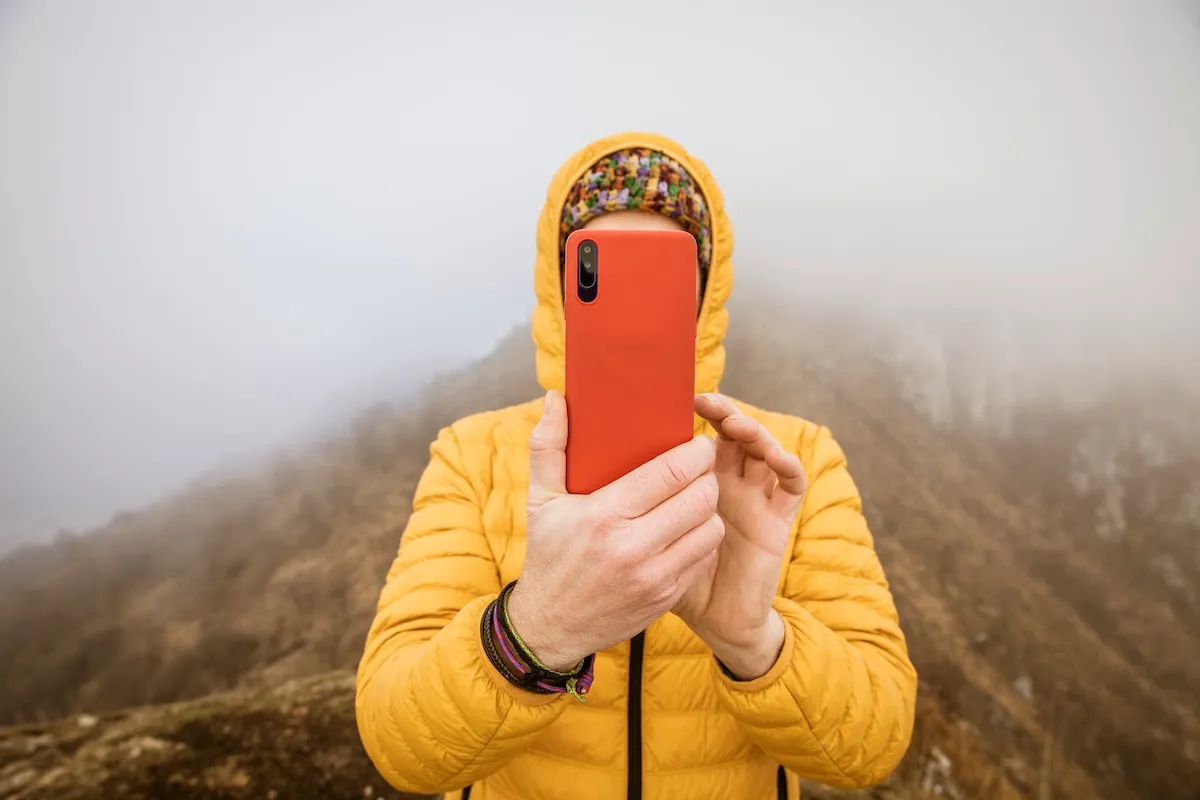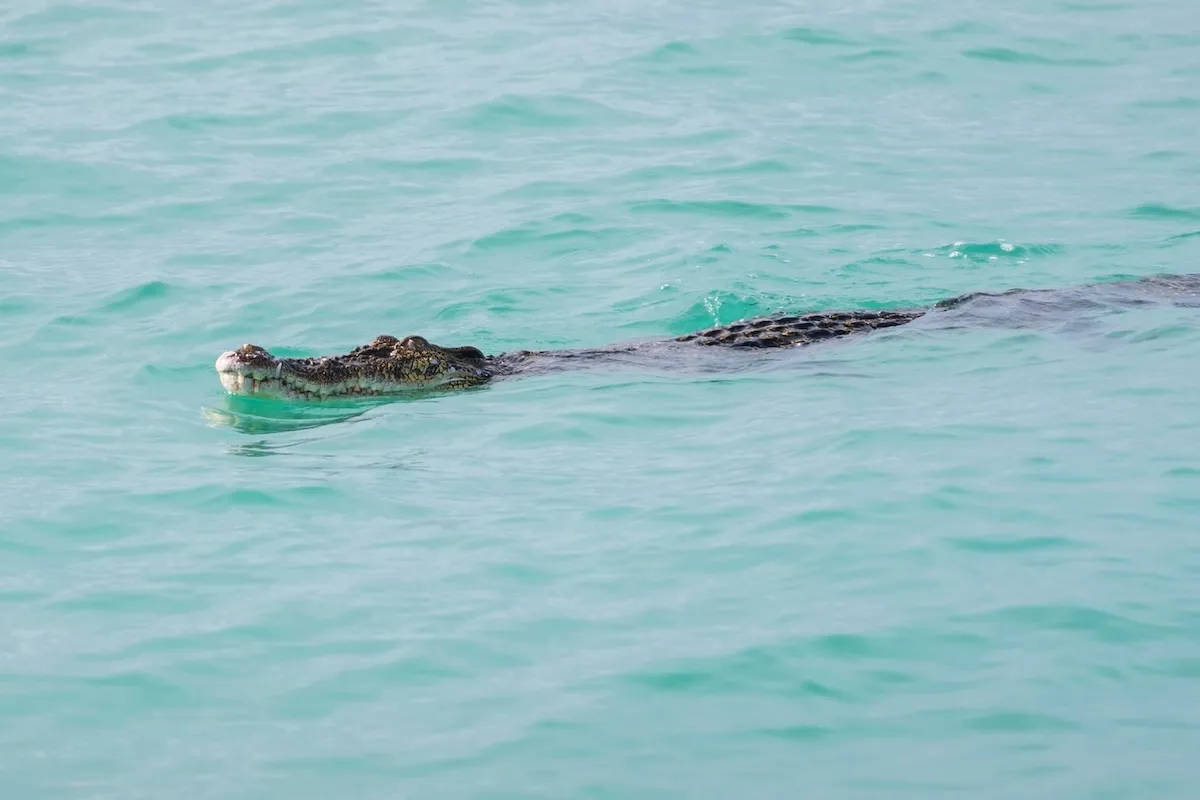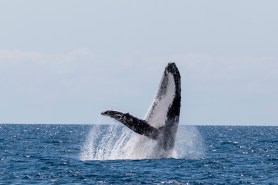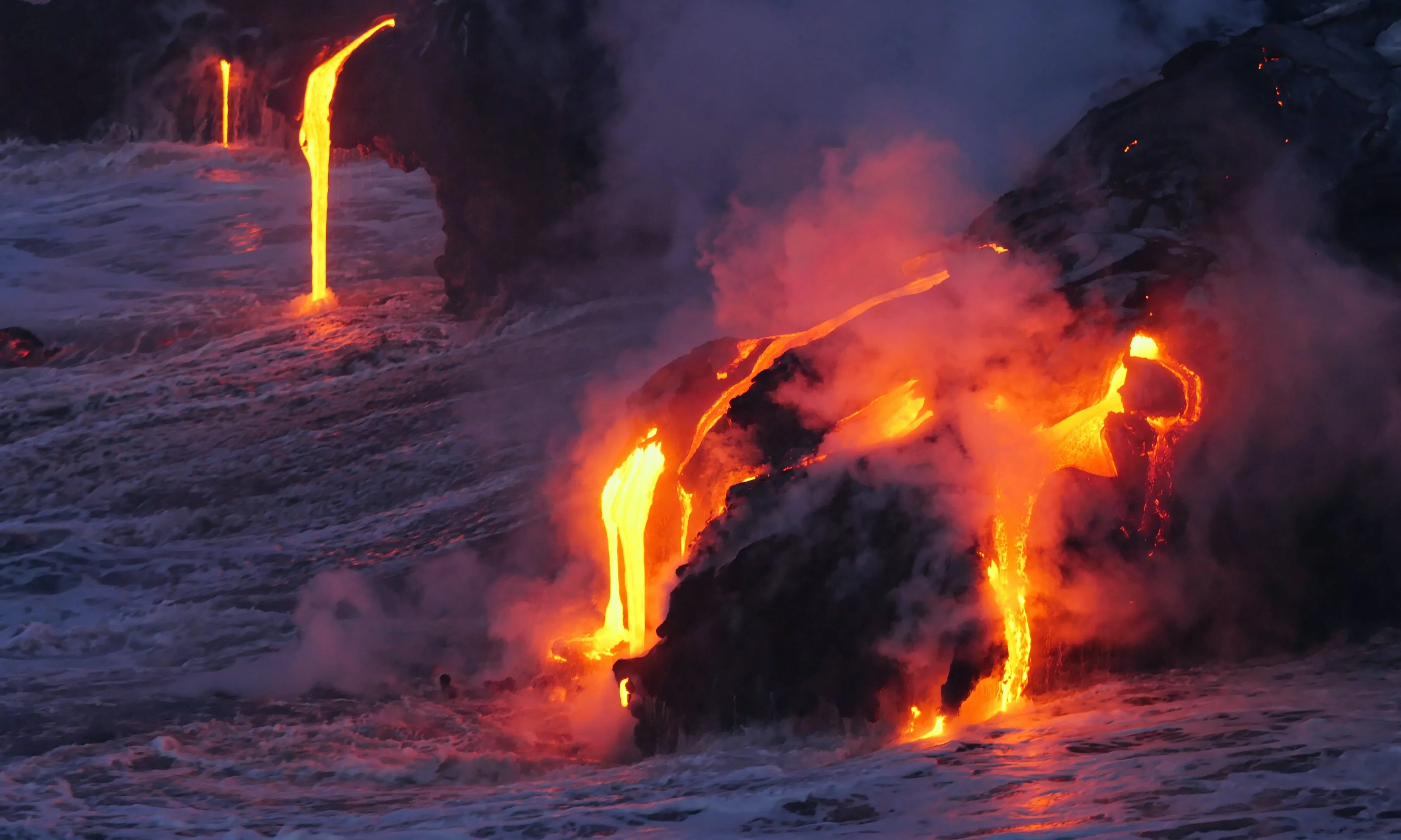

Nothing beats spending a day relaxing by the water… lying in the sun with a cold drink in hand, maybe a good novel and the sound of the ocean waves crashing against the shoreline. If visions of a relaxing beach day are calling out to you—you’ll want to avoid the following beaches at all costs. From a dingo-infested island in Australia to the shark bite capital of the world, you might want to cross these 12 spots off your list—unless you have a death wish!
Videos by Outdoors
1. Lamai Beach, Thailand
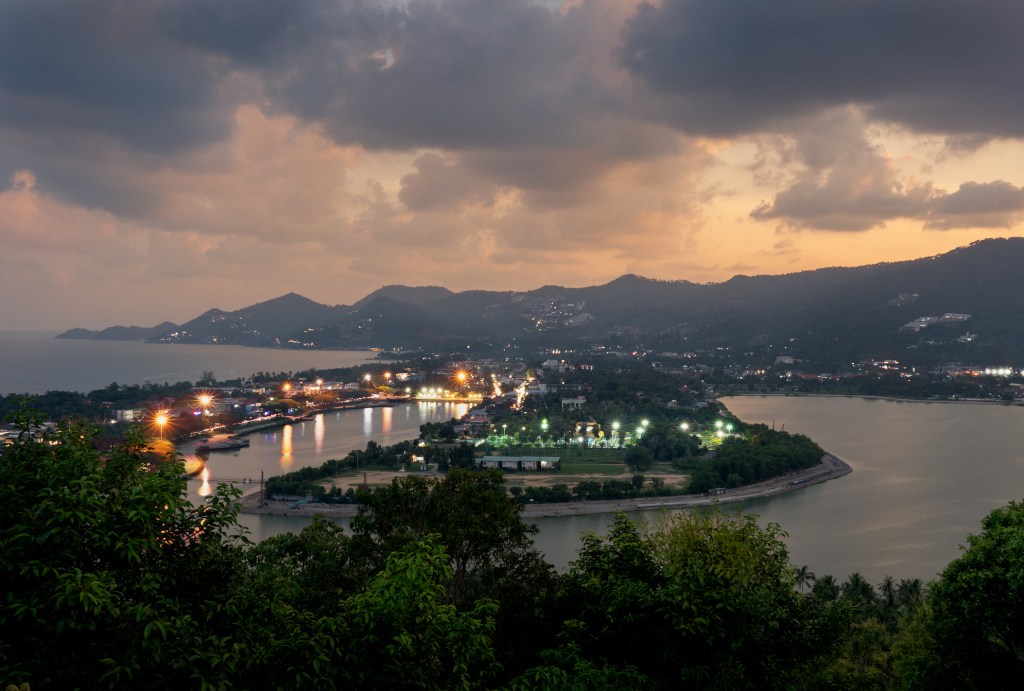
Danger level: 3
You won’t want to risk dipping your toes into the waters of Lamai Beach in Thailand between the months of August and September. The Koh Samui beach is home to the deadly box jellyfish – and while the small jellyfish doesn’t look like much, its sting can be fatal. There have been fifteen reported incidents on this beachfront alone although the real number is likely much higher.
2. Cape Tribulation, Australia
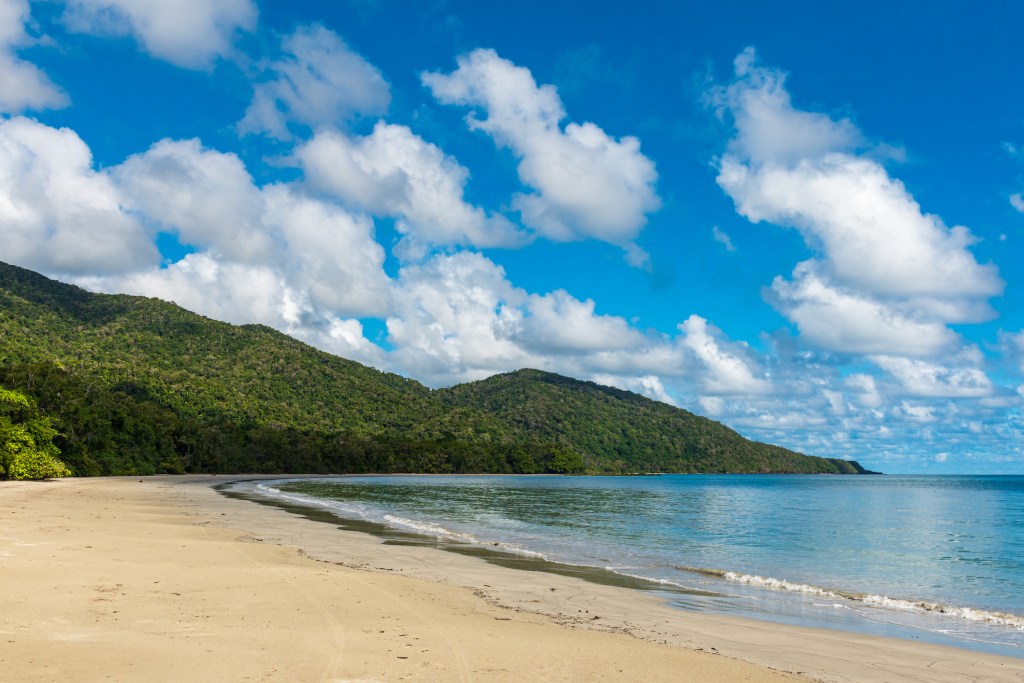
Danger level: 4
Cape Tribulation in Queensland is considered by many to be one of the most breathtaking beaches in the world—and it’s easy to see why after a quick glance at the sparkling blue waters. That said, the beach, in true Australian fashion, has its fair share of deadly critters lurking below the surface. The beach is known for its saltwater crocodile population and the deadly box jellyfish lurking underneath the water.
3. New Smyrna Beach, Florida
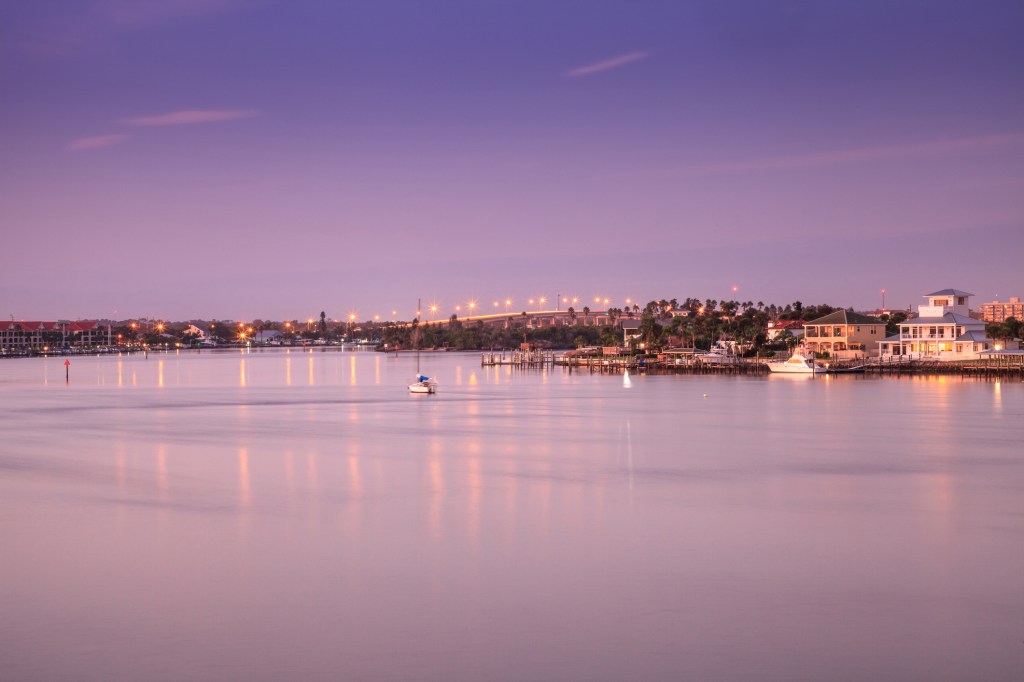
Danger level: 5
Florida is home to countless miles of stunning coastlines and beaches—but it requires a brave kind of beach bum to post up at New Smyrna Beach in Volusia County. The 17-mile stretch of white sand and turquoise waters is shark-infested and has seen up to 29 shark bites per year. Although shark bite incidents have become less frequent over the years it’s still considered to be the shark bite capital of the world.
4. Hanakapi’ai Beach, Hawaii
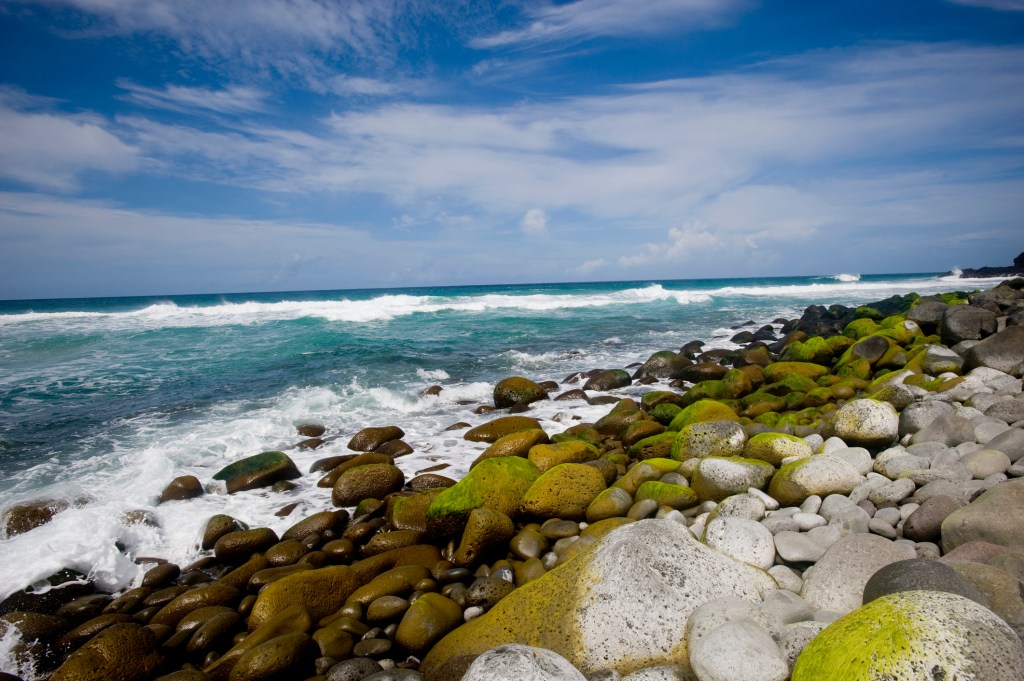
Danger level: 4
The beaches on the island of Kauai might be some of the most beautiful in Hawaii—but they’re also some of the deadliest. Sadly, the powerful undercurrents at Hanakapiai Beach in particular have claimed more than three hundred lives in the last forty years alone so if you do brave the coastline you might want to consider staying on the shore.
5. Maho Beach, Saint Maarten

Danger level: 2
You’ve probably already seen photos of Maho Beach in Sint Maarten—the photo-worthy beachfront is right next to the airport which means planes arriving in Sint Maarten fly directly over the beach. There’s no record of anyone ever getting harmed by an incoming aircraft but tourists do regularly trip or lose their footing due to the power of the plane’s engines.
6. Red Triangle, California

Danger level: 4
The drive along the California coastline (think San Francisco to Monterey) has dozens of beautiful movie-worthy beaches along the way—but you won’t want to dive right in unless you’re looking for a thrill. This area of the country, known as the Red Triangle, sees more than 40% of the Great White Shark attacks in the US.
7. Skeleton Coast, Namibia
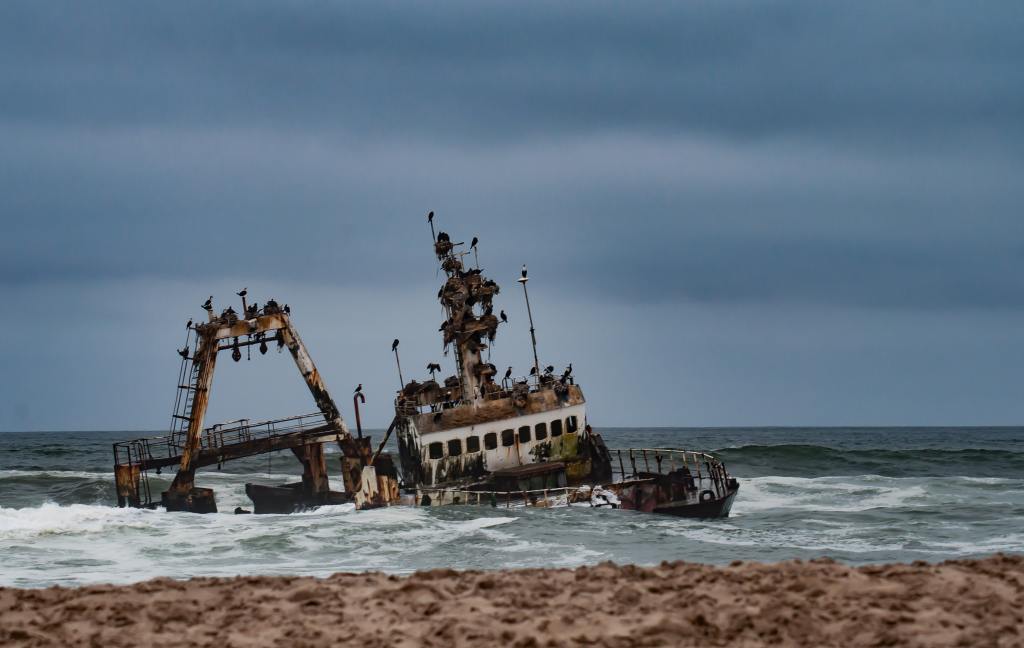
Danger level: 1
The Skeleton Coast is pretty much exactly as the name suggests. The beachfront is located off the northern part of the Atlantic coast of Namibia and stretches more than three hundred miles—but most of the coastline is covered in animal bones and pieces from shipwrecks that have crashed along the shore centuries ago.
8. Kilauea, Hawaii
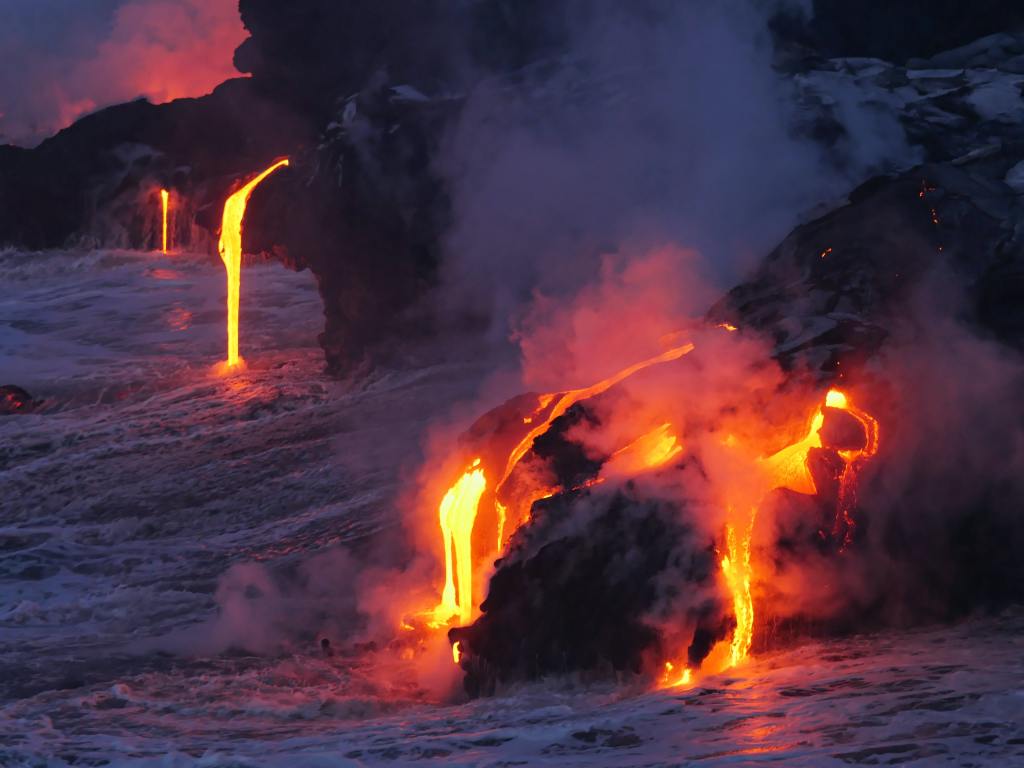
Danger level: 3
Kilauea is home to black sand beaches—which make a pretty unique photo opportunity but might not be the best spot for a traditional beach day. The nearby Kilauea Volcano has been continuously erupting for decades and the hot lava means the ocean can reach temperatures of over 110 degrees.
9. Gansbaai, South Africa
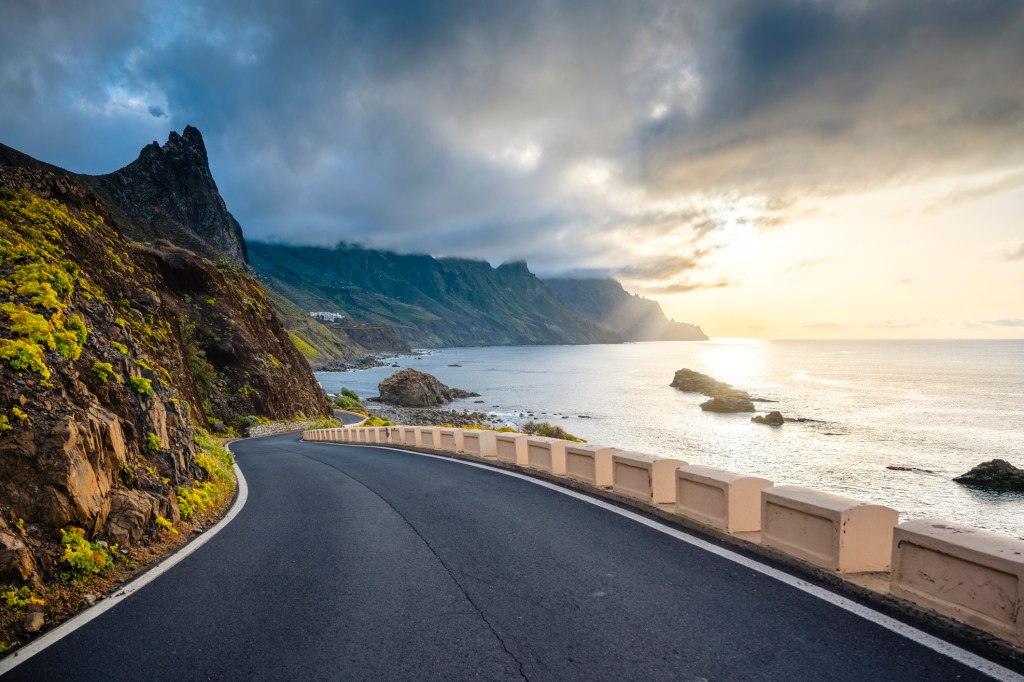
Danger level: 2
This popular tourist destination in the Overberg District of South Africa lures travelers in for its shark cage diving experiences; participants are secured into a cage and dropped into the ocean to be able to get a close-up look at the Great White Shark population. Although the adrenaline-pumping experience is relatively safe, there’s a lot of blood and fish thrown onto the shoreline in order to ensure the sharks are drawn to the area.
10. Fraser Island, Australia
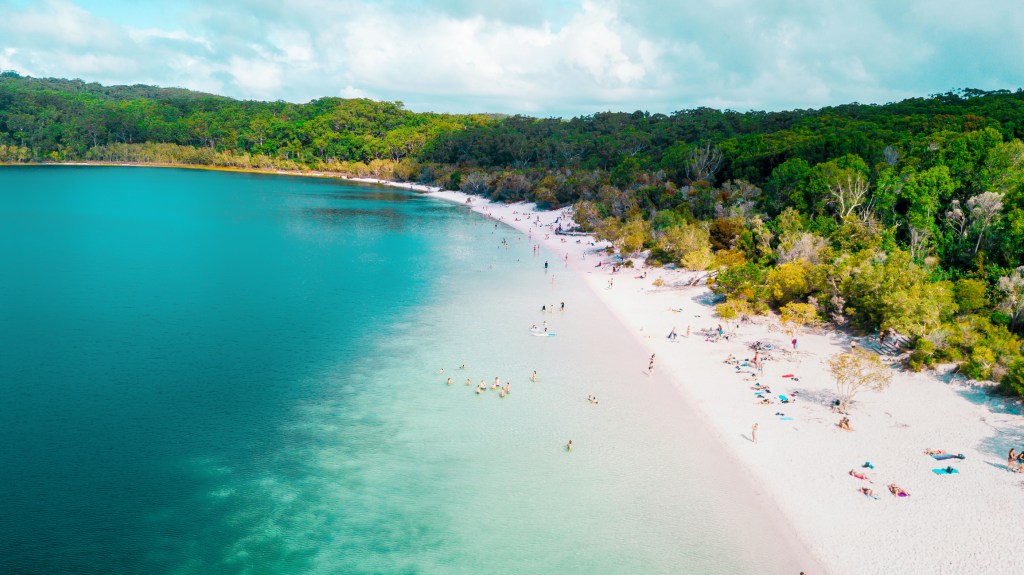
Danger level: 4
Nowhere is safe on the beaches of Fraser Island. The Australian coastline is dotted with dingos—there are approxmiately 25 to 30 packs of the ferel dogs on the island—which have been reported to attack and in some cases even kill humans. The waterways are no safer, as irukandji jellyfish have recently been spotted lurking below the surface. The sting from this small species of jellyfish can cause abdominal pain and vomiting and even cardiac arrest in extreme cases.
11. Playa Zipolite, Mexico
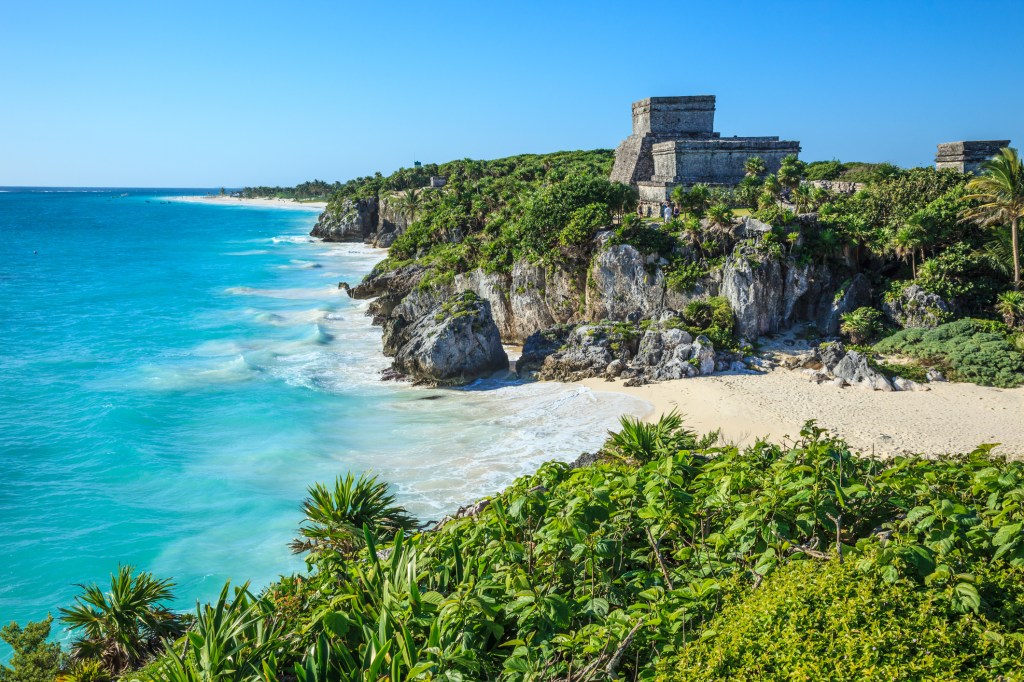
Danger level: 3
Playa Zipolite is a stunning beach community in Oaxaca with golden sandy coastlines and sparkling blue waters—but the waters are known for potentially fatal undercurrents not obvious to the naked eye. Although the community has recently upped its lifeguard presence, it’s still advisable to avoid swimming in the strong waters.
12. Chowpatty Beach, India
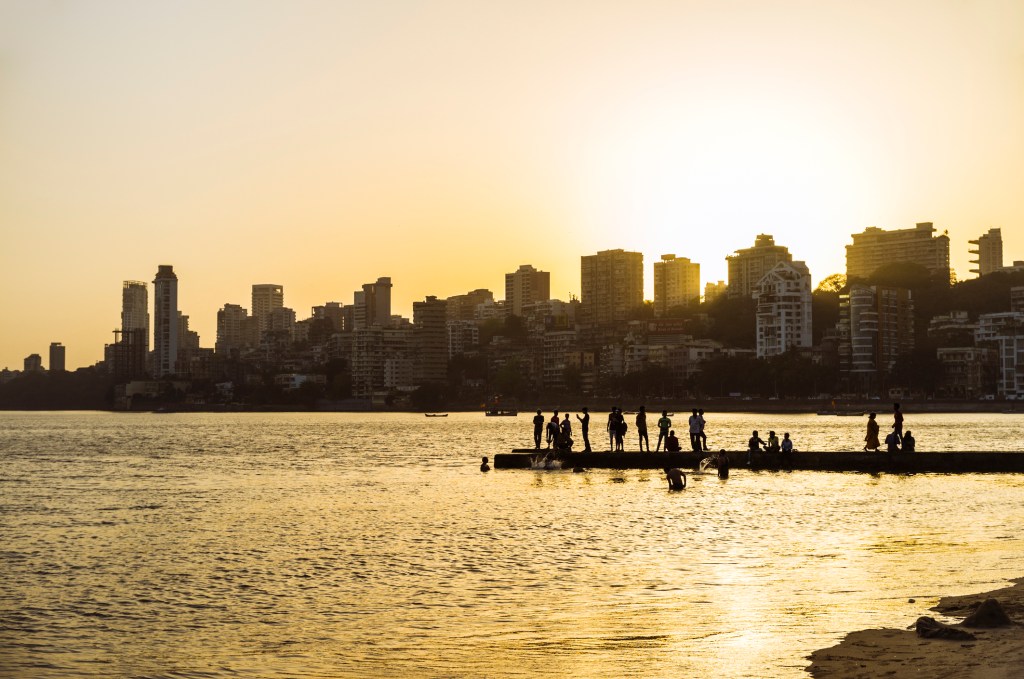
Danger level: 3
Chowpatty Beach in Mumbai doesn’t have an overwhelming undercurrent or a Great White Shark population. The Indian beach has faced environmental crisises that make it an undesirable spot for swimming. The coastline is overrun with waste and debris while the area has an estimated 60,000 metric tons of coal in the waterways due to a shipwreck in the area back in 2011.

